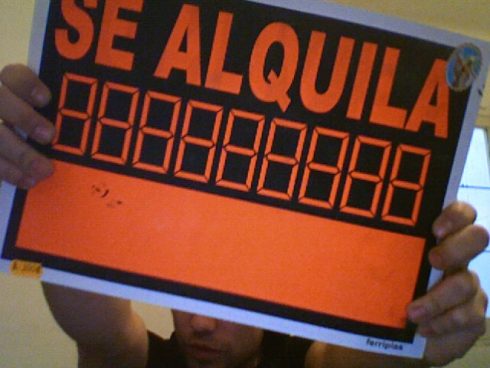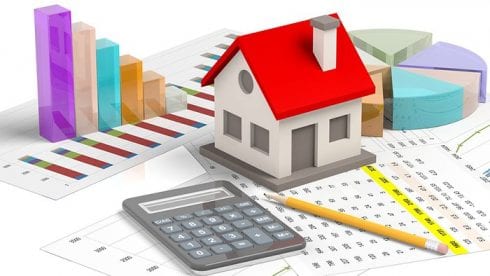PREVIOUSLY we looked at the possibility of receiving a second tax bill after purchasing a property, in cases where the Junta deems the price paid is less than it is worth. Here’s what to do if you want to fight it.
When you buy a resale property in Andalusia, you’re liable for Property Transfer Tax – impuesto de transmisiones patrimoniales – or ITP. This is charged at a percentage of the purchase price on a sliding scale: the first €400,000 is levied at 8%; from €400-700,000 at 9%; and from €700,000 upwards you must pay the regional government 10%.
This can already be a large sum, but sometimes the Junta de Andalucía may demand an extra amount when it deems the fiscal value of the property higher than the price paid. This is called the liquidación complementaria del ITP, normally referred to – with a grimace – as ‘la complementaria.’
The Junta has the right to compare prices against standard value tables (bases de comprobación de valores), to form its own opinion of a property’s value. Although these tables were typically revised upwards annually as property prices grew, when the market crashed, the tables froze, showing outdated top-of-the-market values.
With the help of a lawyer, however, the Junta’s demands can be challenged – via contradictory valuation proceedings – to make them much more reasonable or occasionally inapplicable.
According to Adolfo Martos Gross, a partner at Gutiérrez del Álamo & Martos Abogados this is worthwhile “if the gap between the fiscal value and the real value is big and so is the tax bill.”
If the property is in poor condition or subject to planning issues, Adolfo notes, “it is easy to demonstrate the real value is far below the fiscal value.” In cases where the reasons for the difference are less obvious, the buyer has the right to carry out a second valuation at their own expense.
If you are unlucky enough to receive a demand for ‘la complementaria’ and want to initiate contradictory valuation proceedings, the process is as follows. When you receive a provisional bill from Hacienda (Spain’s tax authority), you can either wait for the final bill or make allegations within 10 days. Once the final bill arrives, you need to contact Hacienda to formally begin proceedings.
Hacienda will then notify you of the original valuation by their experts, at which point you can pay the bill or pay for an independent valuation. If the second valuation is less than 10% lower than the official amount, it becomes the new taxable base, but if it is more than 10% below, Hacienda undertakes another independent valuation – billed to the buyer if the resulting value is 20% above the original declared price – which can then be accepted and paid, or challenged again via the courts.
As a rule, the first valuation is in line with the official tables, the second usually lower, and the third on the money, so, if there is still a difference, buyers usually pay up. According to Adolfo, typical costs incurred by a buyer for the services of a lawyer, to look after paperwork and an appraiser for an independent valuation should be between €800-3,000 depending on ‘la complementaria’ claimed and the property value. Not much to potentially save thousands.









